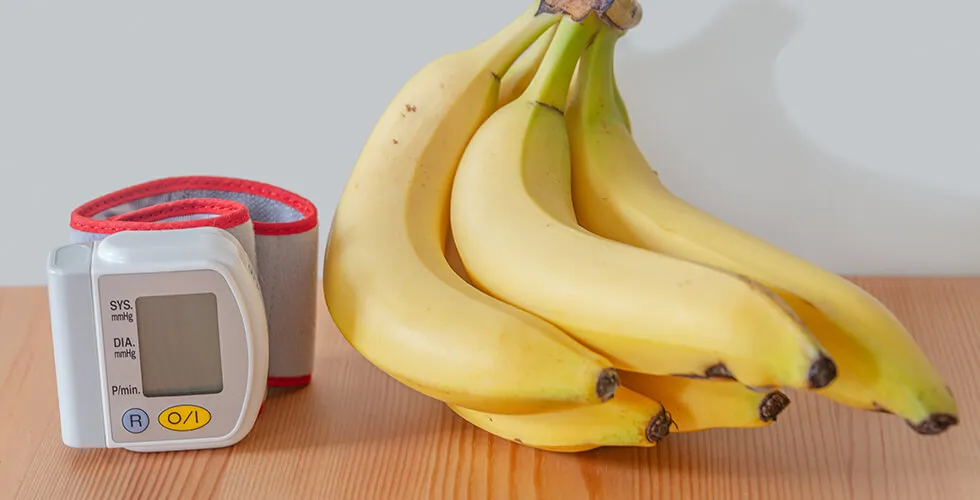
New research from the University of Waterloo suggests that increasing your potassium intake—think bananas, spinach, and sweet potatoes—could significantly lower your blood pressure, even if you still consume some salt. Published in the American Journal of Physiology-Renal Physiology, the study highlights potassium as a powerful, often overlooked tool in managing hypertension.
Using advanced computer simulations, researchers showed that doubling potassium intake could reduce blood pressure by up to 14 mmHg in men and 10 mmHg in women—results that rival the effects of many prescription medications. Moreover, potassium’s benefits remained strong even when sodium intake remained high.
Why does this work? In the short term, eating potassium-rich foods signals the kidneys to excrete more potassium through urine, stabilizing levels quickly. Over time, potassium also prompts the kidneys to flush out more sodium, reducing fluid volume in blood vessels and lowering blood pressure.
Interestingly, the study found women have a natural edge. Female kidneys handle sodium differently, providing some protection against hypertension, especially before menopause.
The key takeaway: it’s not just about cutting salt—it’s about boosting potassium too. Experts suggest focusing on foods like avocados, white beans, and leafy greens, while dialing back on processed items loaded with sodium and stripped of minerals.
Ultimately, balancing your potassium and sodium intake may be more important than obsessing over sodium alone. This research supports what many nutritionists have long believed: a diet rich in whole, unprocessed foods can play a major role in preventing chronic conditions like high blood pressure.

